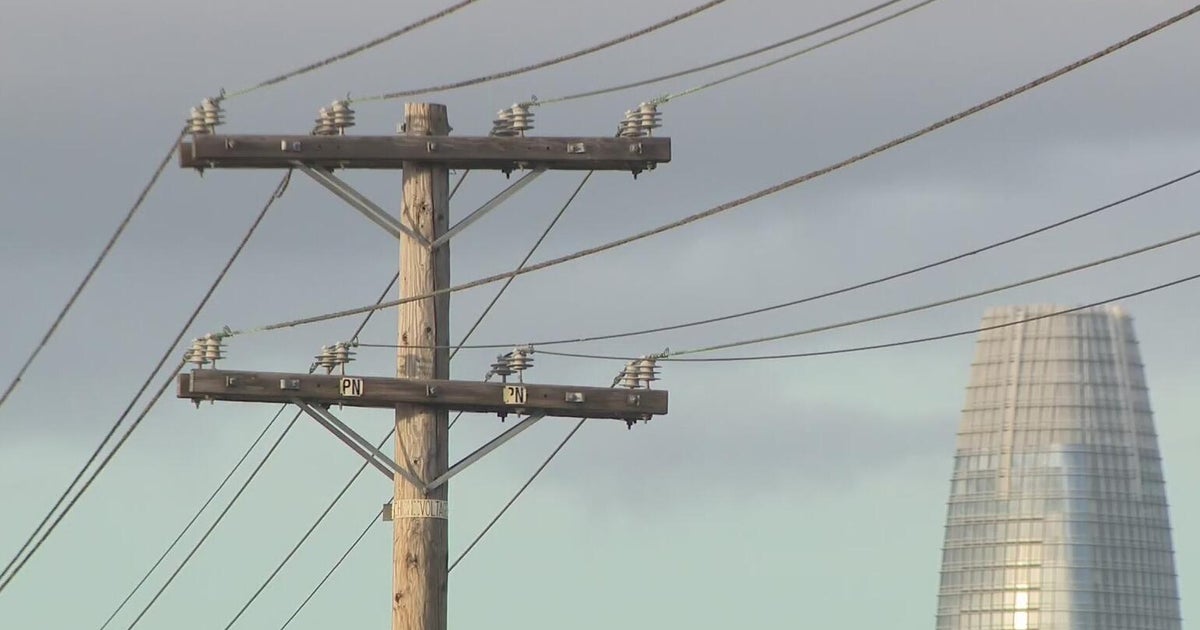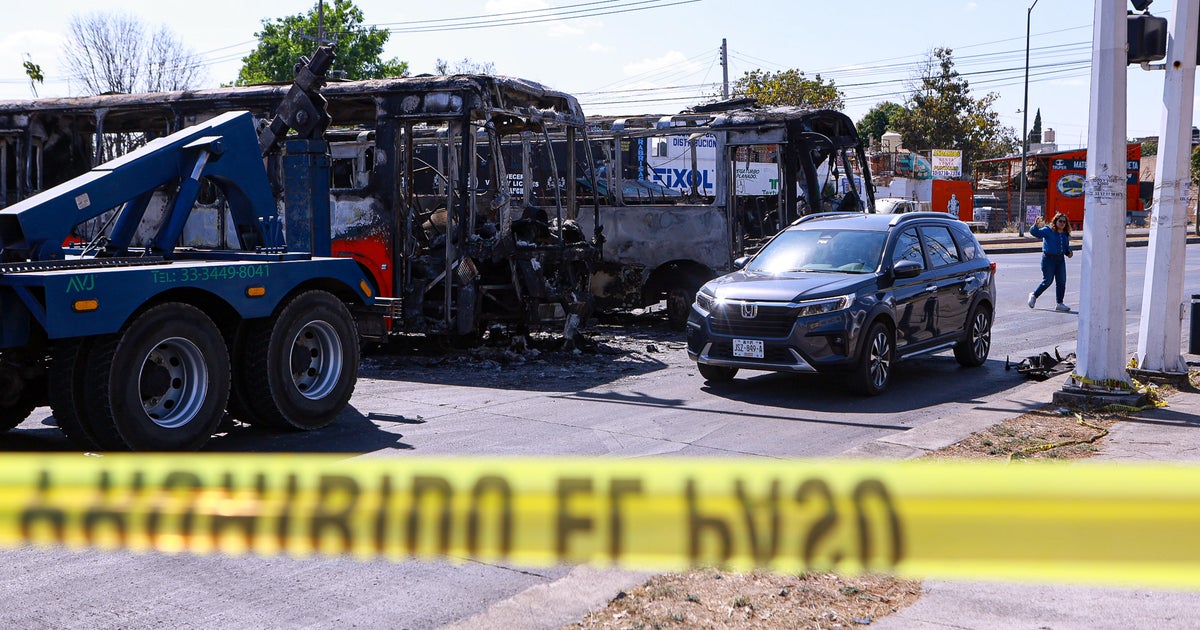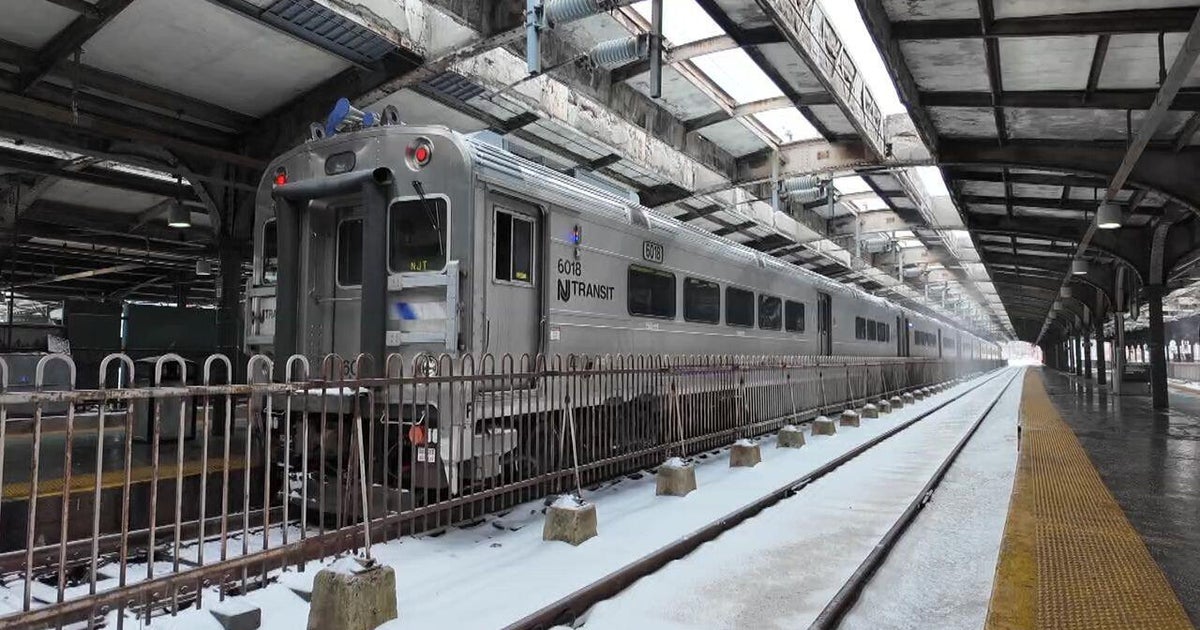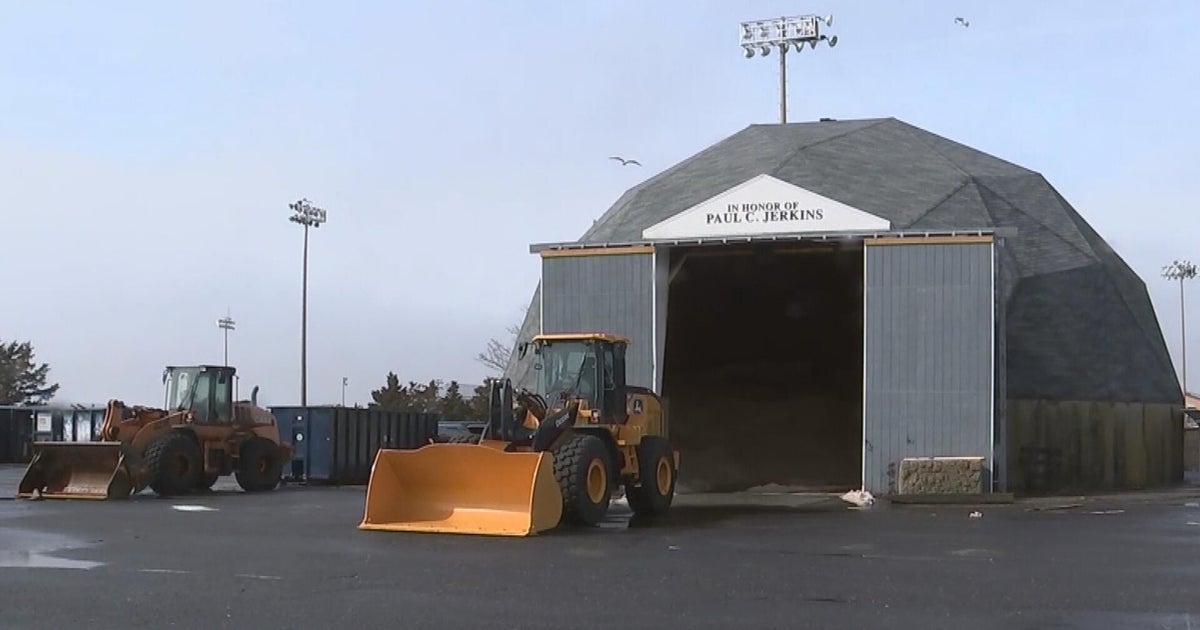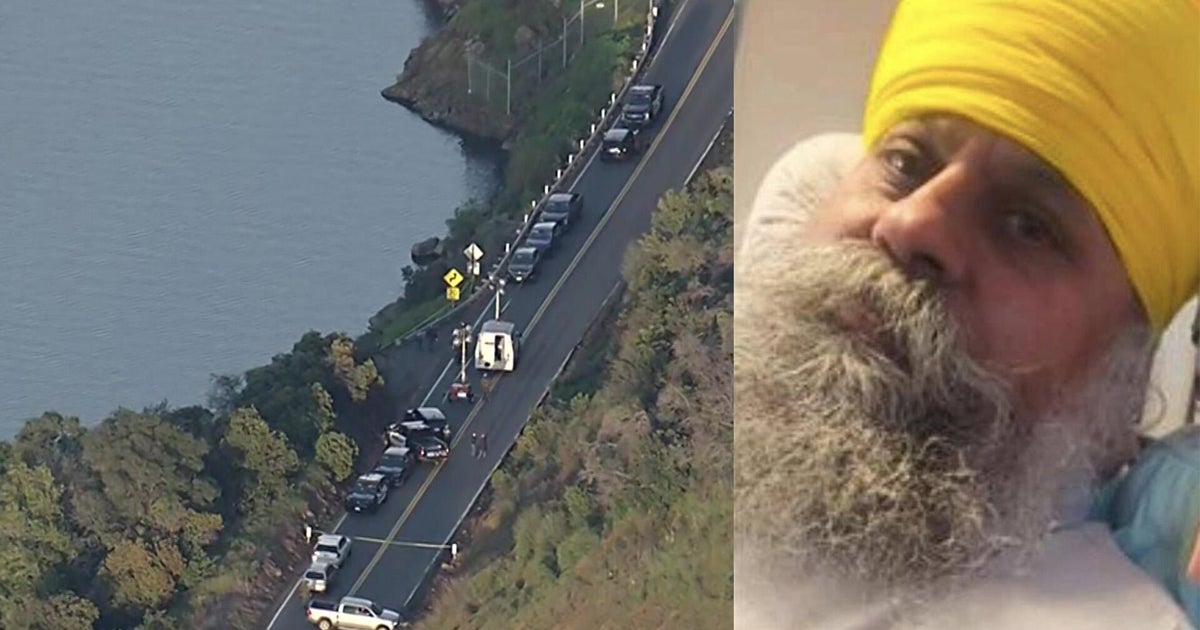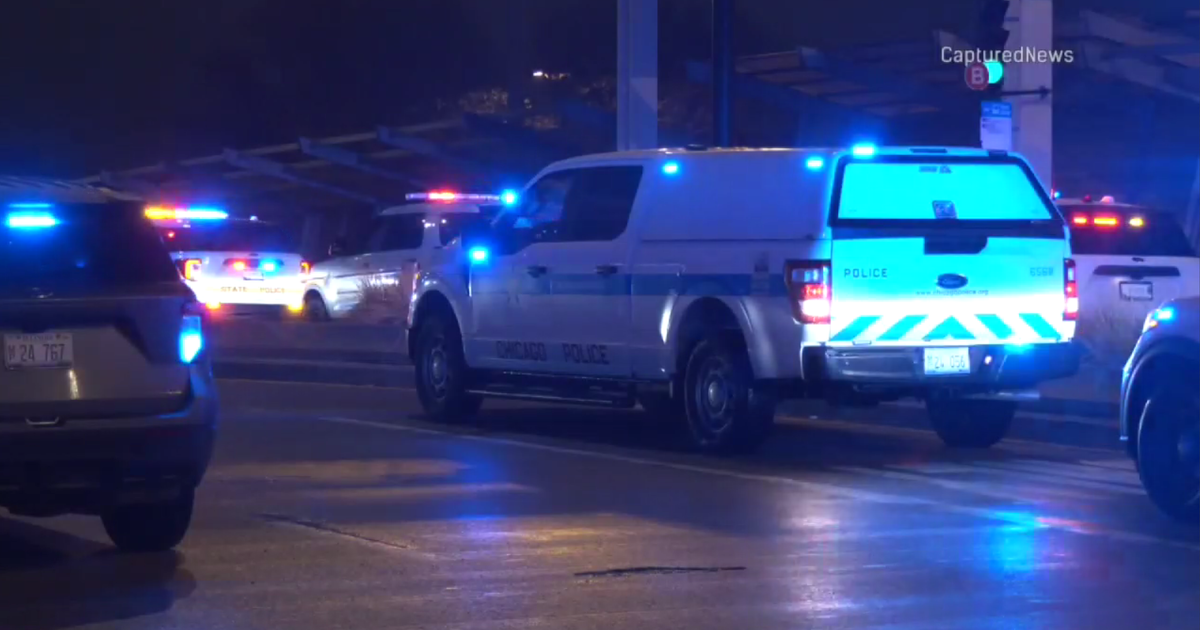BART commuters say crime, open drug use keeping people away from the transit system
SAN FRANCISCO — BART is on the brink, and it's not just remote work keeping passengers away.
Polling by the Bay Area Council found 78% of BART riders, and those who stopped riding, say they would ride BART more often if it was cleaner and safer.
ALSO READ: More stories on BART
Conditions on the trains, often shared publicly by frustrated riders, have caused many to ditch the trains altogether. It is a list of complex challenges facing the transit system which is desperately trying to lure more riders back.
"I started bringing the Clorox during the pandemic," explained Larryce Brown. "And I don't run out."
Her daily commute runs from Antioch into San Francisco, and Brown always comes prepared.
ALSO READ: Once hailed as pinnacle of mass transit, BART faces cloudy, problematic future
"Civic Center is the worst, I think," she said of her BART trip. "That's where I get off. I think that's a horrible station."
"It really depends on which station you're getting on," said Harvey Zhou.
Zhou was making his regular trip out of West Oakland.
"I definitely think when you enter the BART station, at certain stops, it can be really unsafe," he said of safety concerns.
There are many concerns that have driven riders away: crime, cleanliness and open drug use. They are problems that have plagued BART for years. In 2018, it was drugs in station hallways that made headlines. From there, many riders have turned their phones towards BART's struggles, documenting everything from trash to bad behavior.
And for riders who feel like crime has been worse on BART in recent years, it has. Robberies, per passenger trip, are up in recent years and account for most of violent crime reported by BART police.
BART PD's July 2023 report shows there were 224 violent crime cases for the year so far, which is higher than 2022 for the same time period, 180. Robberies make up 136 of those July 2023 YTD cases, and in 2022, robberies made up 114 of the 180 violent crimes in the same time period.
The rise in robberies stretches back to 2015, and a similar trend can be seen with aggravated assaults. And while the numbers did drop during the pandemic, they didn't drop as much as ridership.
"We have heard very clearly from our passengers that they want to see more uniformed presence on the trains," said BART Police Chief Kevin Franklin. "Both from our sworn police officers and our unarmed civilians."
BART's new chief of police said the answer to crime, and rider anxiety, is more patrols. The current response time to a serious incident is about four minutes.
"That's exactly how quickly we can do it when we're looking for it," said Lt. Christopher Vogan.
There are 4,000 cameras across the system. And while station activity can be reviewed in seconds, the train cameras cannot.
"The videos from the trains currently are on a system that is recorded on the individual train cars," Vogan explained.
BART is hoping to upgrade from thumb drives to real-time access. But crime, like robberies and assaults, is just one part of riders' concerns.
"They have not done anything about the homeless," Brown said of her rides in and out of San Francisco. "They're laying all over the place. They're doing crack. They're doing this and that."
Crisis Intervention Specialists like BART worker Natalie Robinson are deployed, offering help to those who might accept it, but they often end serving as first responders.
"Hello, I'm going to touch your arm and say, 'How are you,'" Robinson said to someone asleep on a train near Oakland Coliseum.
Every few days, sometimes several times a day, BART reports a staff member reviving a passenger who could otherwise become the next overdose fatality.
Another part of the strategyto address concerns like Brown's is the new faregates. Along with helping finances, the hope is that they also improve riding conditions.
"Add a little security there," Zhou suggested. "So, more people are actually paying their tickets and coming in. They're actually using BART for transportation."
Trains that are less chaotic will end up being cleaner that's another hope for an agency that spends a lot of time having to clean things up. But in many of these respects, crime, homelessness, the drug crisis, BART is trying to hold back problems that are surging outside the faregates.
"Yeah, BART definitely does take on some of the characteristics of the neighborhoods that our stations are a part of," said BART Deputy Chief Ja'Son Scott.
The challenges facing BART are the same challenges seen in Bay Area communities every day, running through the transit system that connects us all. Can BART be fully insulated from all of that? Or can it be insulated enough that the people who have turned away, start feeling better about getting back on board.
